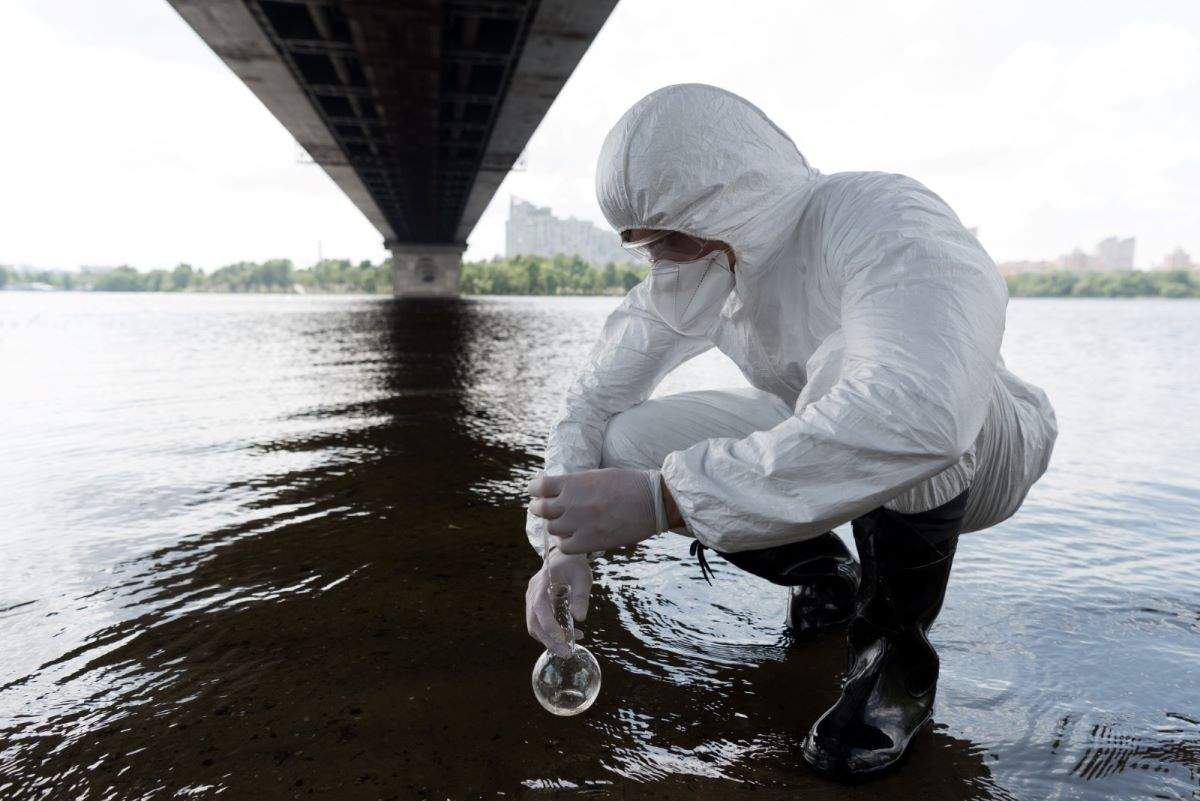Per- and polyfluoroalkyl substances, better known as PFAS, are proving to be an insidious threat to human health and the environment. Persistent to the point of being called ‘forever chemicals’, they are capable of spreading easily in water and soil. Their use in numerous everyday products is now considered an unacceptable risk by many experts and health authorities. For this reason, as of 10 October, the European Union will enforce a ban on the sale and use of PFHxA (undecafluorohexanoic acid, one of the subgroups of PFAS) and related substances in various consumer products.
The restriction will include textiles such as rain jackets, food packaging such as pizza boxes, waterproofing sprays, and cosmetics. The ban will also cover certain applications of fire-fighting foam, such as training and testing, where there will be no “safety impairment”. Other applications, such as semiconductors, batteries or fuel cells for green hydrogen, will remain exempt. As explained by the EU Commission, ‘the restriction on PFHxA focuses on uses for which the risk is not adequately controlled, alternatives are available and the socio-economic costs will be limited if compared to the benefits for human health and the environment’. Read: European industry must be safeguarded in any case. Based on the same principle, depending on use, the tightening of PFHxAs will come into force after a transition period between 18 months and 5 years, to allow for replacement by molecules deemed safer.
A step forward in the fight against ‘forever chemicals’
approved on 19 September 2024 by the EU Commission, the new measures against PFHxA and related substances are part of the REACH regulation, the European chemicals legislation. “We are removing harmful substances from products that citizens use every day, such as textiles, cosmetics and food packaging,” commented Maroš Šefčovič, EU Commission Executive Vice-President for the European Green Deal. “The restriction of PFAS is a decisive step in our strategy to boost sustainability, competitiveness and innovation in the chemical sector.”
The restriction is an important step forward in the fight against ‘forever chemicals’, as PFHxA is often used in place of another already banned PFAS (perfluorooctanoic acid, or ‘PFOA’). ”Substituting 'forever chemicals' helps to keep our environment healthy, preserve our resources, and drive innovation in cleaner alternatives.. The direction is clear, and businesses will have sufficient transition periods to adapt,” Šefčovič added.
PFAS, not yet the time for a universal restriction
The anti PFHxA restriction, adopted under REACH, should not be confused with the potential restriction on the entire group of PFASs, some 10,000 molecules. This “universal restriction on PFAS” is now being evaluated by the European Chemicals Agency (ECHA), following the January 2023 proposal issued by the national authorities of Denmark, Germany, the Netherlands, Norway and Sweden. According to the most up-to-date timeline available on the ECHA website, the last evaluation was scheduled for 24 September 2024 and covered sectors such as textiles, upholstery, leather, clothing, carpets (TULACs), food contact materials, packaging, petroleum and mining.
This article is also available in Italian / Questo articolo è disponibile anche in italiano
Image: Envato



